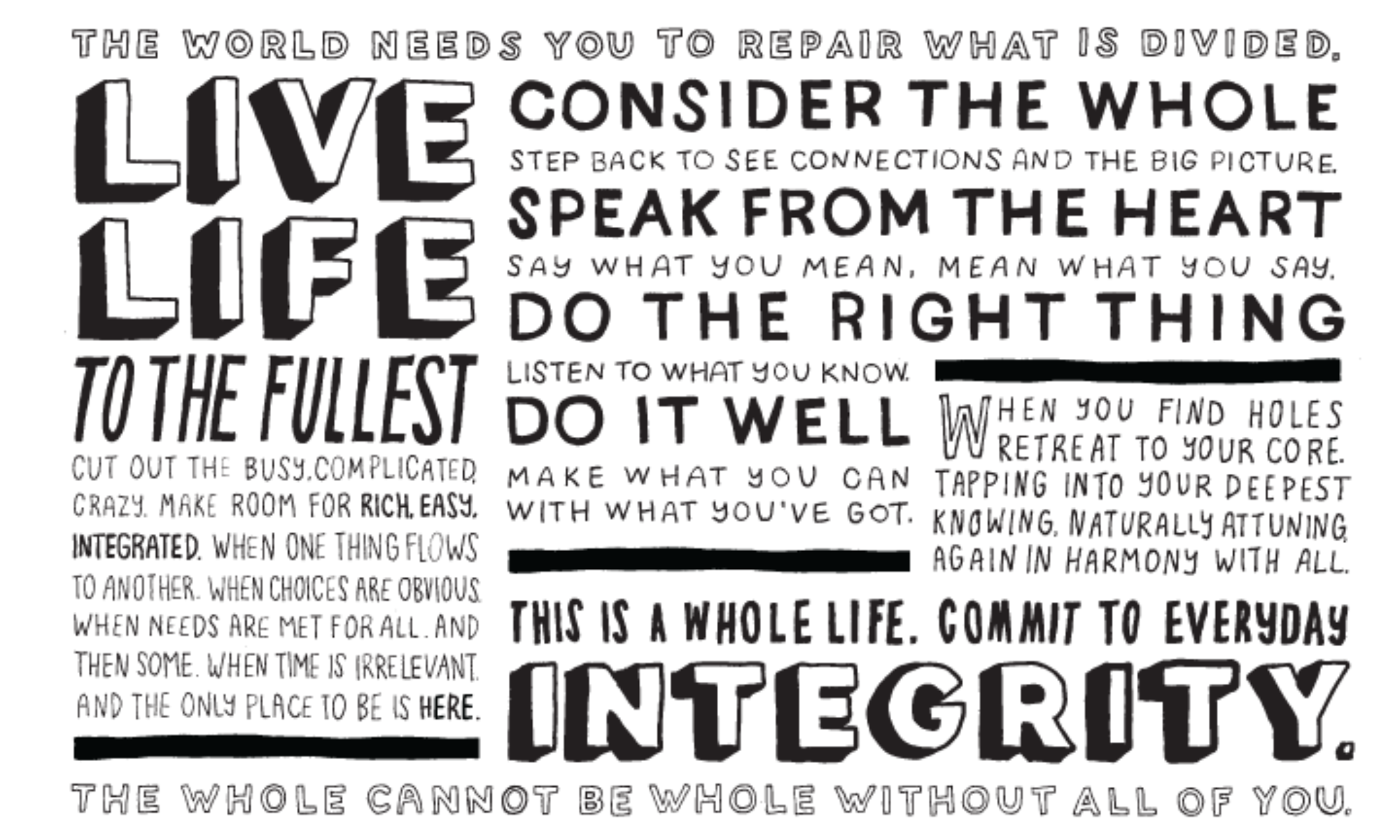Yes, we are on the cusp of a new year—2021—yet none of our crises will disappear when the clock strikes 12:01 a.m. on New Year’s Day. And none of them are actually related to 2020 either, but confining uncontrollable events to a timeframe is an easier way to manage stress and history. Or so it seems.
Just like denial seems easier. And ignoring seems easier.
Until it’s not.
Until we’re in a precarious position: deep in a crisis without even knowing it.
The defining moment of this year for me was one of the most subtle wake-up calls I’ve experienced.
I walked outside after my lunch and sat down on the cement porch dangling my bare feet off the edge. It was cold, uncomfortable, but it kept me alert. I took in the eery stillness of the neighborhood. As if it was just another weekday.
It was unusually quiet outside. No cars racing toward the busy intersection a block and a half down the street. No walkers briskly passing by deep in conversation. No wind through the still bare trees. Spring had barely sprung and everyone barely knew what had just begun. During those first few weeks of Shelter-in-Place, people were at home waiting. Waiting for it to pass, as if it were just a storm.
A brief “unprecedented” interruption of what we thought was normal life. Instead of an inevitable crisis at worst, a disruptive catalyst at best.
As I sat there, my questions and thoughts began to organize themselves in the quiet nothingness, just like when I hike in the forest or walk along the beach. After a weekend of internet research, I digested the information I had gathered from the news and attempted to make sense of it.
Only a few weeks into the pandemic and it was clear: The world was in a crisis. Surprisingly, we had been for months. Meanwhile, we went about our lives business-as-usual.
- The virus was actually reported in December.
- I went on a retreat at a house with 25 women during the last weekend of February. Oregon’s first COVID-19 case was reported on February 28.
- Oregon’s State of Emergency was declared on March 8. I went to work with thousands of people until March 13.
- The economists said a recession was unlikely and not to worry until “people stopped getting haircuts.” Well, the barbershops had already closed.
Yet, as I looked around the neighborhood, everything looked the same as before. The grass continued growing, the clouds coasted overhead, a bird chirped from afar—the world seemed okay. But, I knew it wasn’t. I knew the threat was real, I just couldn’t see it. I couldn’t feel it—no cortisol, no fear.
This is when the epiphany hit: How was this invisible viral threat any different than the climate crisis we have been complacently living amidst my entire life, an entire century?
It wasn’t.
Insert systemic racism, wealth inequality, the current presidency. The world seemed okay. But it wasn’t.
The evidence was clear. Even if I didn’t personally see it, feel it, in my world.
Did I have the courage to pay attention and act accordingly?
I lost my naivete that day. But, I didn’t lose my faith.
If anything, this epiphany helped orient me for the rest of the year. I stayed grounded in reality, in responsibility, in service, in sacrifice. I was activated by the truth beyond what I could see and beyond what directly touched my life. To trust what is unseen, but known. To put the greater good first. To contribute, not to extract.
We can transcend this idea of a static normal and live in harmony with dynamic nature. I know we can.
This is the next level. Ironically, growing my personal threshold for vulnerability over the last few years allowed me to feel compassion for everyone else.
This constant, collective vulnerability—not just some of us, all of us—is the opening.
To more experience, deeper wisdom and better judgment.
To change spurred by truth.
To adaptability.
To being humble.
To being human.
May you carry the truth forward this week.
Love,
Jules
I share a lesson learned about integrity every Monday. Sign up for delivery right to your inbox. Want more? There’s lots more lessons learned here on my blog, so have fun exploring and commenting about your own insights!

